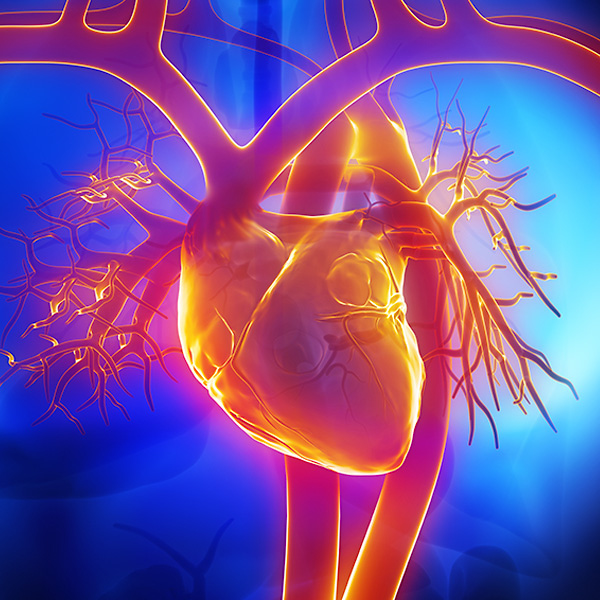High Cholesterol (Hyperlipidemia)
Overview and Facts about Hyperlipidemia
Your body uses a waxy substance known as cholesterol to build new cells. Human bodies need some cholesterol to perform basic functions, but excess cholesterol puts you at risk for heart and vascular diseases.
High cholesterol can lead to fat deposits inside your blood vessels. These deposits can grow and then cause blood flow to be restricted.
If they become large enough, the deposits can block all blood flow. Some deposits also break off or form blood clots, and these clots can trigger a heart attack or stroke.
High cholesterol may be genetic. Poor lifestyle choices also increase your risk for cholesterol problems.
Fortunately, a healthy diet and exercise program can help keep your cholesterol levels within range. If you struggle with stubborn cholesterol problems, medication can also help.
Signs and Symptoms of Hyperlipidemia
High cholesterol causes no symptoms. A blood test is the only way to check your cholesterol levels.
The American Heart Association recommends routine cholesterol tests for adults over age 20. Healthy adults should receive this test every four to six years.
If you already have cholesterol problems, you may need more frequent tests. Some patients may need cholesterol blood tests several times per year. Your doctor can let you know when to schedule your next test.
Causes and Risk Factors of Hyperlipidemia
Genetics can affect your cholesterol levels. If you have a family history with high cholesterol, you may be at risk of cholesterol problems.
Be sure to let your doctor know about your family's medical history.
A poor diet can contribute to high cholesterol. Foods high in saturated and trans fats can increase your cholesterol levels. Physical inactivity and smoking can also play a role.
Some health conditions may increase your risk of cholesterol problems, too. People with diabetes and thyroid disorders may need frequent cholesterol tests.
Older adults are at especially high risk for cholesterol problems.
Tests and Diagnosis of Hyperlipidemia
If your doctor suspects high cholesterol, you may need a lipid panel test. This test measures your:
- HDL cholesterol
- LDL cholesterol
- Total cholesterol
- Triglycerides
Before this test, your doctor may instruct you to fast for 12 hours. During a fast, you shouldn't eat or drink anything other than water.
Your provider will interpret and explain your test results. If you have high cholesterol, your provider will discuss your next steps.
Treatment and Care for Hyperlipidemia
Lifestyle changes can help bring your cholesterol under control. Your provider may suggest:
- Avoiding saturated fats
- Eating a plant-based diet
- Getting more exercise
- Limiting alcohol
- Quitting tobacco
Many people can resolve their cholesterol problems through a healthy lifestyle. If your high cholesterol continues, medication can help.
A wide variety of cholesterol medications and supplements are available. Your provider can help you choose the right ones.
Once you start cholesterol medication, you may need to take it for the rest of your life.
Your doctor will perform regular blood tests to track your cholesterol levels and make ongoing adjustments to your medications.
High cholesterol is usually a lifelong condition, but proper treatment can help you avoid serious health problems.

Request an Appointment
Loyola Medicine heart and vascular specialists have the experience and technology to treat the most difficult cardiac and vascular conditions. Schedule an appointment today.
Schedule a Telehealth Appointment
